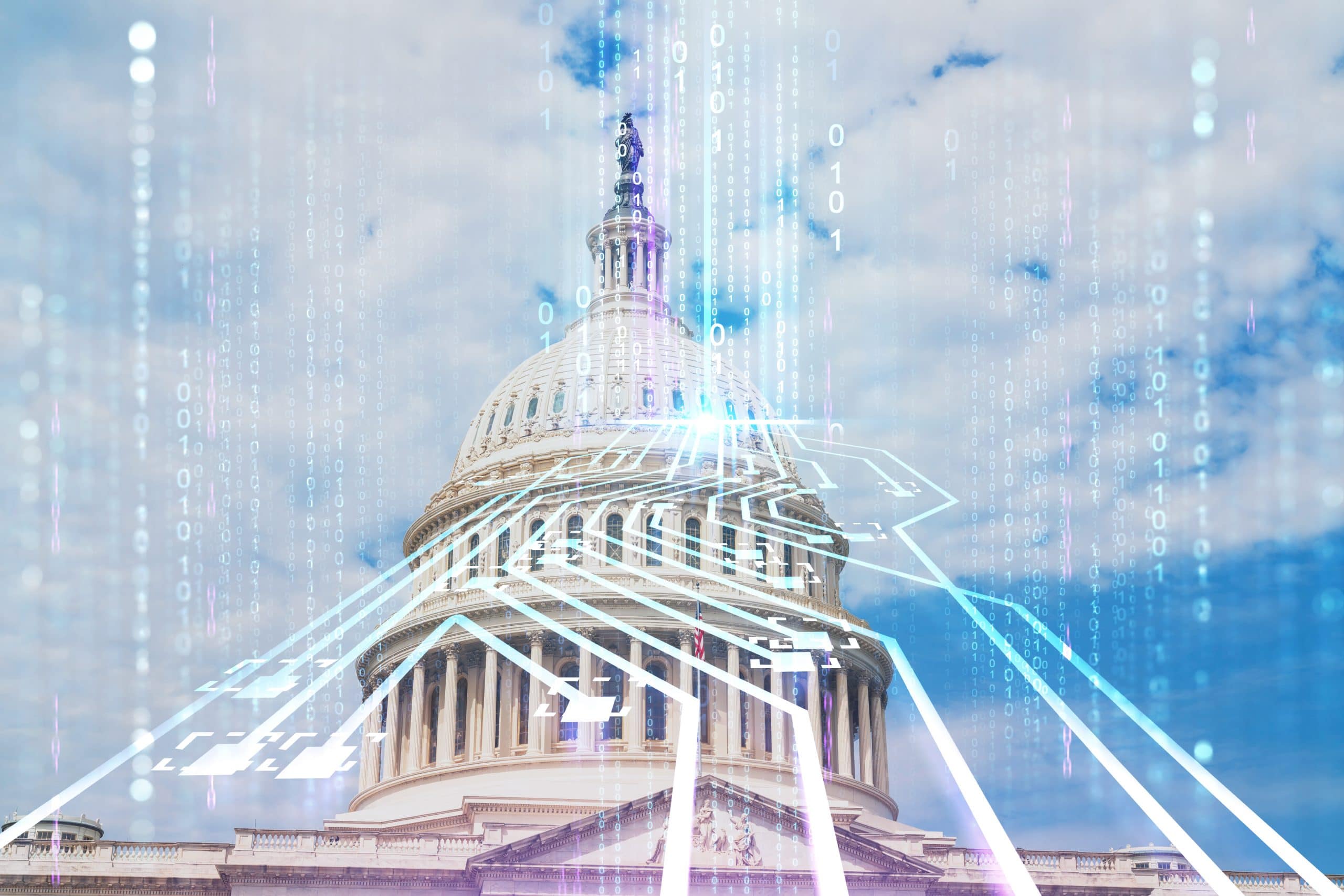This article was co-authored by Christina Delgado, Senior Privacy Advisor at Libertas Institute.
While Congress deliberates on the “Big Beautiful Bill,” a portion on an “AI Moratorium” has caused a stir across the country. This provision is a limit placed on state AI regulation, but the size and scope of this moratorium is far less impactful. However, what is certainly worth flagging to improve this provision is to make a clear statement to state actors like law enforcement that this moratorium does not create a loophole to privacy protections. This edition covers what the latest draft of the moratorium means for a state like Utah.
What the AI Moratorium Really Means for States Like Utah
The moratorium has been messaged as a top-down provision that stops states from making their own rules about artificial intelligence, or “AI.”
However, the moratorium is much more limited in scope, and only applies when states choose to take a certain kind of federal money.
This money is often understood as coming from a program called “BEAD,” which was created to bring internet access to more people. Congress approved $42.5 billion for this in 2021, and most of that money has already been appropriated to the states.
However, here’s the important distinction: this AI moratorium adds funds on top — $500 million— and does not require states to take those funds as a condition of their existing BEAD funding. If a state chooses to take money from this new pot, the moratorium applies. In exchange for taking that money, a state then agrees to refrain from creating certain types of AI rules.
It’s like a deal—if you take the money, you follow the terms. But states are not required to take this money. This is similar to what happened when the federal government helped build highways. In that case, one of the things states had to agree to in exchange for highway funding was to raise the drinking age to 21 years old.
What’s Not Prohibited under the Moratorium
The moratorium has a number of exceptions — aka the moratorium still allows rules to be made under a few conditions. In broad strokes, even if the state takes money and agrees to the moratorium, the following are still fair game:
- A rule created to streamline or facilitate the deployment of AI.
- This includes passing a law or regulation for the sake of regulatory certainty.
- A rule that is generally applicable.
- This means AI is not singled out differently than other actors or software doing the same thing.
- A rule that streamlines permitting and licensing.
- A rule that’s meant to comply with federal law.
Why Utah’s AI Laws Wouldn’t be Affected Anyway
Utah’s laws about AI are likely to remain effective under this moratorium due to several compelling factors.The primary reason is that Utah’s laws on AI are “generally applicable,” intended to “facilitate deployment.” An argument could also be made that at least one law passed in the last two years was intended to streamline licensing. Utah’s regulatory posture on AI is the same as any other regulated entity or software in the respective regulated industry.
What Could Be Better
As with most legislation, law enforcement use of technology is an afterthought. Yet, given the pervasive nature of government intrusion into basic privacy rights, silence on the matter runs the risk that law enforcement and other state actors will likely exploit the edges of the law.
It could be argued that this moratorium leaves the door open for police or state and local officials to argue that laws inhibiting their use of AI violates the moratorium. Whether that’s correct or not, it would take a long time to settle in court.
It would be better if the moratorium included language clarifying that a state can still restrict government use of AI. That way, there would be no confusion right out of the gate.







